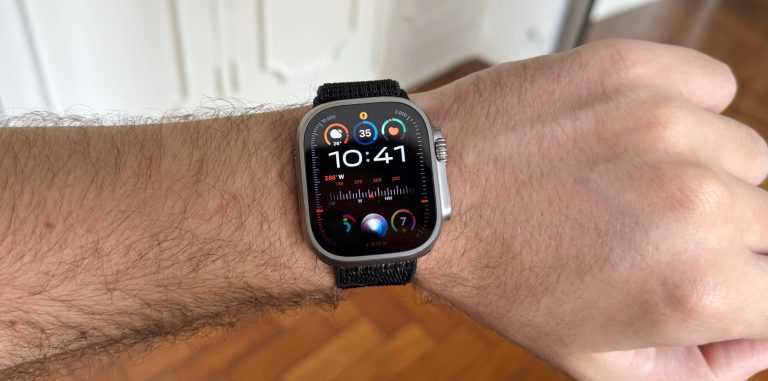Late last month, we reported that the microLED Apple Watch Ultra project was likely canceled – or at least delayed for a significant period of time. At that time, Apple supplier Osram announced that an “unnamed customer” canceled all orders for microLED displays — presumably Apple.
Since then, analysts Ross Young and Ming-Chi Kuo reported that Apple decided to cancel the project for numerous reasons. On the other hand, Bloomberg‘s Mark Gurman and DigiTimes said Apple had alternative suppliers for the project and was still looking for new ones.
It didn’t come as a surprise when display analyst Ross Young shared on X that yet another company had canceled its microLED display project after an unnamed company canceled its orders – yeah, we’re looking at you, Apple.
According to Young, semiconductor manufacturer Kulicke & Soffa indicated that Project W is canceled, taking at least $110M in charges. In a filing with the US Securities and Exchange Commission, the company said that its “strategic customer” canceled a project related to “advanced display.”
Previously referred to as Project W, the Company has been engaged with one of its strategic customers (the “Customer”) to support the Customer with the development and future mass production of certain technologies relating to advanced display (the “Project”). In connection with the Customer’s strategic review of its business, the Customer has informed the Company that it has cancelled the Project.
It’s all but certain that not only has Apple given up on the microLED Apple Watch Ultra, but it has moved on entirely from this project. Since a 2-inch microLED screen could cost Cupertino around $150, while the existing OLED display costs $38, this would mean a new Apple Watch would need to cost around $1,500, according to previous reports.
If not microLED, what can you expect from a future Apple Watch Ultra?

Although this particular upgrade might hold users back from upgrading to the Apple Watch Ultra 2 or even the possible 2024 model, the 2027 timeframe could likely offer far more benefits than just a display update.
While it’s rumored that Apple is planning sleep apnea detection for the 2024 Apple Watch, it’s also planning to roll out blood pressure sensors in phases. While the first iteration will just tell a user if their blood pressure is trending upward, a 2027 model could have the ability to provide exact numbers and even diagnose related conditions.
In addition, Apple is putting all its efforts into a blood glucose sensor for a future Apple Watch. While it’s unclear if the company will be able to pull off a non-invasive system, it’s more likely that this technology will be introduced in 2027 rather than 2024.








